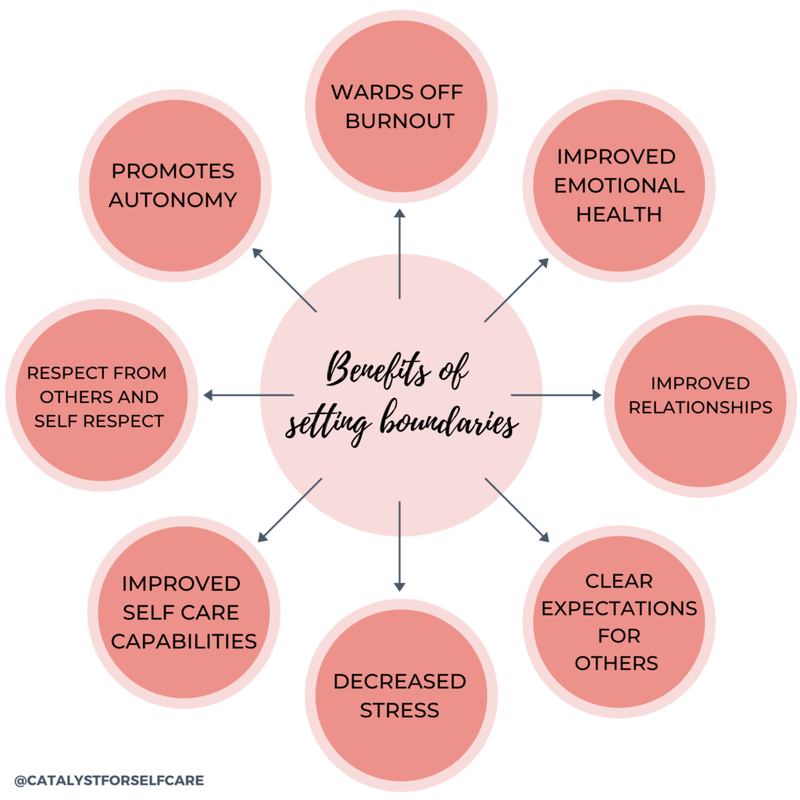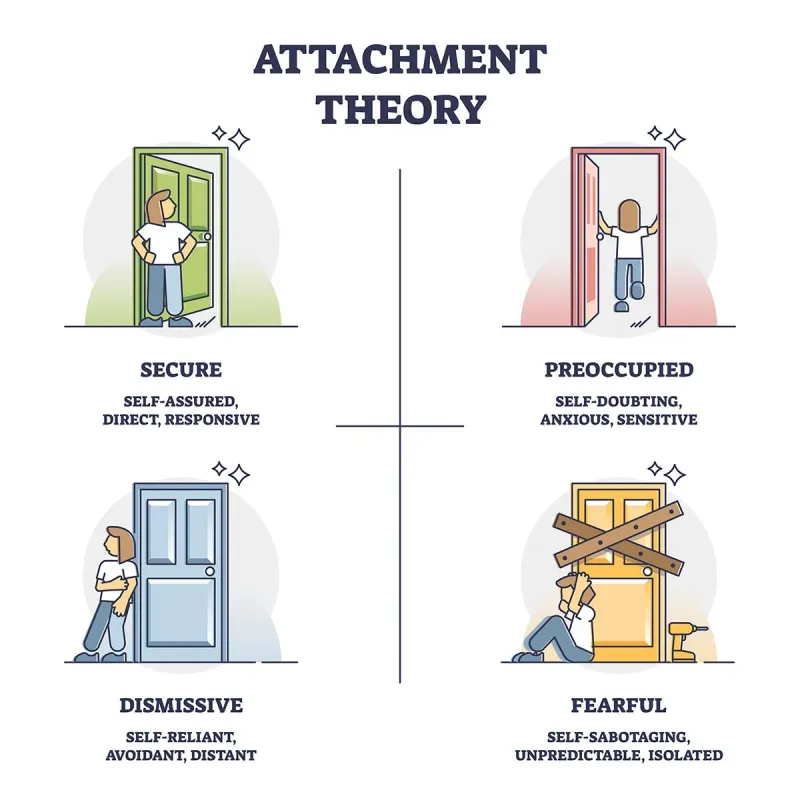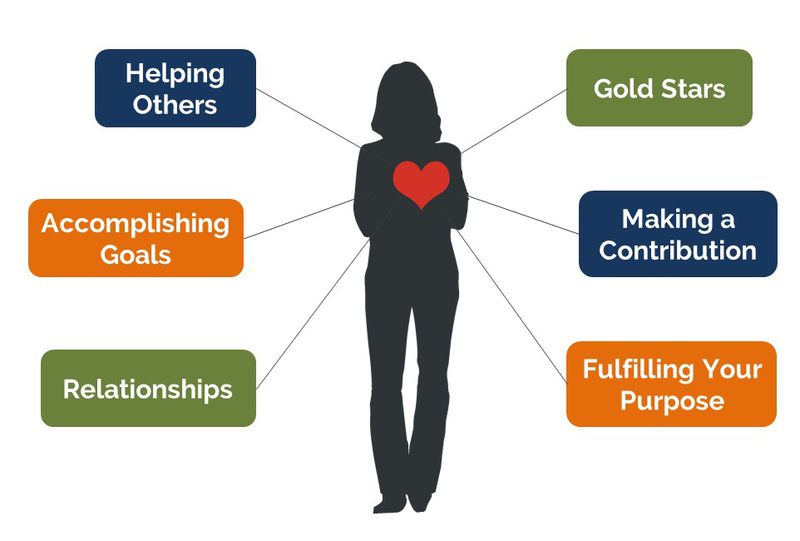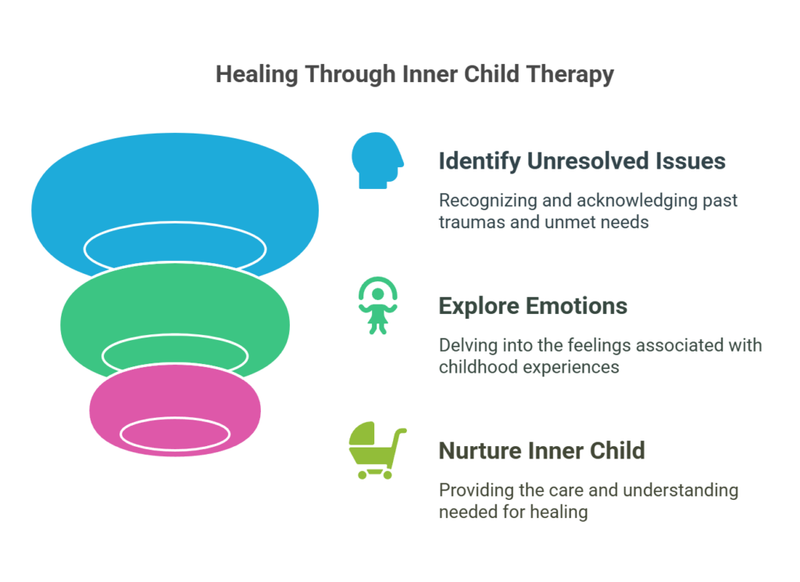Unpacking “Daddy Issues”: 18 Ways To Understand, Identify, And Heal From Their Impact
O termo “daddy issues” is often thrown around casually, but it represents a complex psychological struggle rooted in father-daughter dynamics. These issues can shape how women interact with men, affecting their self-esteem and relationship choices.
This blog post aims to provide actionable insights and pathways to healing from the impact of “daddy issues.” By understanding, identifying, and addressing these patterns, women can foster healthier relationships and emotional growth.
1. Recognizing Patterns from Childhood in Current Relationships

Patterns from childhood often echo in our adult relationships, sometimes subconsciously. Have you ever noticed repeating dynamics with your partners that feel oddly familiar? This might be your inner child seeking familiar comfort. For many women, these patterns stem from their relationship with their fathers. Recognizing these can be the first step toward change.
By examining the emotional footprints left by past experiences, women can identify unhealthy patterns. This awareness allows for conscious decision-making in choosing partners. Thus, breaking away from old, damaging cycles becomes possible, leading to more fulfilling relationships.
Ver também: 12 Telltale Signs of a Woman with Mommy Issues (Plus Some That Feel Uncomfortably Familiar)
2. Understanding Fear of Abandonment and Where It Began

The fear of abandonment can be a powerful force in relationships, often stemming from early childhood experiences. If a father was emotionally or physically absent, a child might internalize a fear of being left behind. This fear can manifest in adult relationships, leading to clinginess or mistrust. Understanding its origin is crucial for healing.
Reflecting on childhood experiences with openness and compassion can help untangle these fears. By doing so, women may find clarity and peace, easing the emotional burden and fostering healthier, more secure attachments.
3. Breaking Cycles of Choosing Emotionally Unavailable Partners

Ever wondered why you attract emotionally unavailable partners? This cycle might be rooted in your relationship with an emotionally distant father. Breaking this pattern requires awareness and intentional action. By recognizing the allure of the familiar, you can consciously choose partners who are emotionally present.
Therapy or self-reflection can aid in redefining your relationship criteria. Emphasizing emotional availability as a non-negotiable trait helps in forging genuine connections. This shift leads to healthier relationships where emotional support and presence become the norm, rather than the exception.
4. Learning to Set Healthy Boundaries with Men

Setting boundaries can be challenging, especially if they were blurred in childhood. When a father’s role was overbearing or nonexistent, boundaries could become unclear. Establishing healthy boundaries involves understanding your needs and communicating them effectively. This process fosters respect and mutual understanding in relationships.
It empowers women to protect their emotional space and assert their worth. Over time, these boundaries promote healthier dynamics with men, replacing fear and uncertainty with confidence and clarity. The ability to set limits is a crucial skill for maintaining self-respect and nurturing positive connections.
5. Challenging the Belief that Love Must Be Earned

Many women grow up believing that love is conditional, a mindset often rooted in father-daughter interactions. Challenging this belief requires a shift in perception—understanding that love is not something to be earned through deeds or compromises. Embracing the notion that love is unconditional fosters self-acceptance.
Practices such as mindfulness and self-compassion can dismantle these old beliefs. By accepting oneself as worthy of love as is, women can cultivate healthier relationships. This transformation leads to interactions rooted in mutual respect and genuine affection, free from the chains of conditional love.
6. Addressing Low Self-Worth Tied to Fatherly Absence

The absence of a father figure can deeply impact a woman’s sense of self-worth. Feelings of inadequacy often take root, affecting her interactions with others. Addressing these feelings involves affirming one’s intrinsic value, independent of external validation. Engaging in self-care practices and seeking supportive relationships can bolster self-esteem.
Therapy provides tools for reframing negative self-perceptions. As women learn to recognize their worth, they can engage in relationships from a place of strength. This journey towards self-affirmation enables healthier connections and a more positive self-view.
7. Exploring Attachment Styles with Compassion

Attachment styles, formed in childhood, significantly influence adult relationships. Secure, anxious, or avoidant patterns often emerge from early interactions with caregivers, including fathers. Exploring these styles with compassion allows for personal growth. Understanding one’s attachment style provides insight into emotional responses and relationship dynamics.
This self-awareness can guide individuals in making conscious choices and changes in their relational patterns. Empowered by this knowledge, women can navigate relationships with empathy, fostering healthier and more balanced connections.
8. Avoiding the Urge to “Fix” Unhealthy Relationships

The urge to fix others often arises from a desire to recreate and correct past dynamics. If a woman experienced a challenging relationship with her father, she might seek partners who mirror those dynamics, hoping to mend them. Recognizing this pattern is crucial. Instead of attempting to fix, focus on your own growth and boundaries.
Relationships should be reciprocal and supportive. By prioritizing self-care and surrounding yourself with healthy relationships, you create a fulfilling life without the need to repair others, ultimately leading to more satisfying and genuine connections.
9. Seeking Validation from Within Instead of Externally

Seeking external validation can become a habitual cycle, often rooted in early approval-seeking behavior. This reliance can lead to unstable self-esteem and dependency. Cultivating internal validation shifts the focus to self-acceptance and intrinsic worth. Practices such as mindfulness, journaling, and positive affirmations nurture this inner strength.
By validating oneself, women build a stable sense of self that is independent of others’ opinions. This inner resilience fosters healthier relationships, as interactions are based on mutual respect rather than a need for approval. True growth stems from acknowledging and embracing one’s own worth.
10. Identifying Triggers and How to Respond Differently

Triggers are intense emotional responses often linked to past experiences. Identifying them can be enlightening, especially when they disrupt relationships. Reflecting on what elicits strong emotions helps in understanding their origins. Once identified, developing healthier responses is key.
Techniques such as deep breathing, mindfulness, and self-soothing can replace impulsive reactions. Over time, this practice leads to more balanced emotional responses. By managing triggers effectively, women can foster more harmonious relationships and a calmer, more centered life.
11. Rebuilding Trust in Healthy Male Figures

Trust, once broken, can be difficult to rebuild. For women with “daddy issues,” trusting male figures might be especially challenging. Rebuilding trust involves patience and openness. Establishing connections with dependable men, whether friends, mentors, or partners, can be healing.
These relationships offer a new narrative, proving that trust and reliability are possible. Through consistent, positive interactions, women can redefine their perception of trust, fostering healthier and more supportive relationships.
12. Healing Inner Child Wounds Through Therapy or Journaling

Healing from past wounds often requires revisiting the inner child. Therapy provides a safe space for exploring these deep-seated emotions. Journaling offers a personal outlet for reflection and expression. By acknowledging the hurt and unmet needs from childhood, women can begin to heal.
Both therapy and journaling encourage self-discovery and emotional release. This process nurtures self-compassion and understanding, allowing old wounds to mend. As healing progresses, individuals are empowered to form healthier relationships and live more fulfilling lives.
13. Practicing Self-Compassion for Mistakes

Mistakes are natural, yet self-compassion can be elusive, especially if critiqued harshly by a father figure. Practicing self-compassion involves forgiving oneself and recognizing that imperfection is human. Embrace mistakes as opportunities for growth rather than failures.
Kindness towards oneself fosters resilience and a positive self-image. This mindset encourages healthier interactions, as women are less likely to project insecurities onto relationships. By nurturing self-compassion, individuals can break free from cycles of self-criticism, leading to more joyful and authentic living.
14. Surrounding Yourself with Supportive Relationships

Supportive relationships are vital for emotional well-being. Surrounding yourself with friends and family who uplift and encourage creates a nurturing environment. These connections provide a safe space for vulnerability and growth.
By choosing relationships that reflect mutual respect and understanding, women can thrive. The presence of supportive people fosters confidence and emotional resilience. In this positive network, women can overcome challenges and celebrate successes, leading to a more balanced and fulfilling life.
15. Rejecting Societal Stigma Around “Daddy Issues”

Societal perceptions of “daddy issues” often carry negative connotations. Rejecting this stigma involves embracing one’s past with courage and understanding. By acknowledging and addressing these issues, women reclaim their narratives. Education and open conversations can dismantle stereotypes and foster empathy.
Empowerment comes from recognizing that “daddy issues” do not define one’s worth or potential. Women can transform perceived weaknesses into strengths, cultivating resilience and authenticity. This rejection of stigma promotes self-acceptance and paves the way for healthier relationships.
16. Celebrating Small Wins in Emotional Growth

Emotional growth is a journey marked by small, significant victories. Celebrating these wins fosters motivation and confidence. Each step, whether setting a boundary or practicing self-compassion, contributes to overall well-being. Acknowledging progress, no matter how small, encourages further development.
This positive reinforcement instills a sense of accomplishment and hope. By focusing on these achievements, women build a foundation of resilience and self-assurance, leading to more fulfilling relationships and a richer emotional life.
17. Embracing Independence Without Fear

Independence can be both empowering and intimidating, especially for those accustomed to dependency patterns. Embracing independence involves stepping out of comfort zones and trusting oneself. This journey fosters self-reliance and confidence.
By pursuing personal goals and interests, women can redefine their identity beyond relational roles. Independence does not mean isolation; rather, it invites connections built on mutual respect and equality. This newfound freedom enhances self-esteem and opens doors to more balanced and rewarding relationships.
18. Creating a Vision for Relationships Rooted in Respect

Envisioning relationships grounded in respect sets the stage for healthier interactions. This vision involves clear communication, empathy, and mutual support. By prioritizing respect, women can transform their relational experiences. Establishing a clear vision guides choices and actions, fostering meaningful and fulfilling connections.
This proactive approach empowers women to break free from unhealthy patterns. As respect becomes the foundation, relationships flourish, providing a nurturing and empowering environment for both partners.







